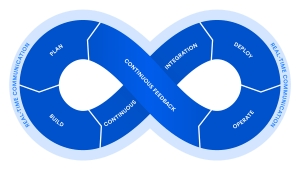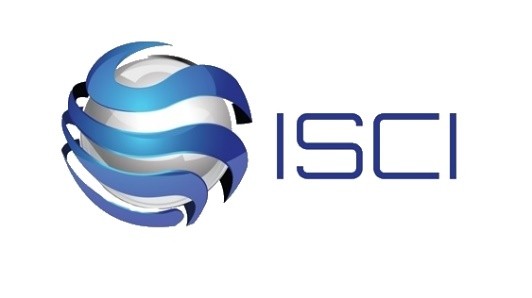Social economy?
The social economy or social and solidarity economy (SSE) refers, in the French-speaking context, to the branch of the economy grouping private organizations (companies, cooperatives, associations, mutuals or foundations) seeking to reconcile economic activity and social equity.
From fair trade to solidarity savings, through social innovations in the field of environmental protection, the fight against exclusion, health or equal opportunities, the ESS brings a response to many contemporary social issues
True project of development, social inclusion and emancipation of the masses, these solutions will give rise to innovative projects based on recent theories, techniques and technologies (Blockchain *, Artificial Intelligence, Internet of Things … etc.).

ISCI Lab Inc.
After a remarkable entry into the IT professional services market, ISCI Inc is launching ISCI Lab as its research and development division.
Through this division based in downtown Montreal (Canada), the ISCI Inc Group wishes to launch a technological laboratory specializing in innovative research focusing mainly on the social economy and the fight against poverty.
ISCI Inc wishes to set up a vast program of development of tailor-made software solutions aimed at the digital transformation of the social economy of the developing countries located mainly in the geographical zones Africa, Asia and Latin America.
“Thanks to the ISCI LAB program, technological innovation will occupy a prominent place in collective actions to reduce social gaps and stimulate greater economic solidarity,” said Cyril OWONA, President of ISCI Group Inc. in his press release press release he sent us.
The services offered by ISCI lab are numerous:
- Project management
- Business Analyst / Functional Analyst
- Application Development and Solution Integration
- Quality assurance
- Business Intelligence / Big Data
- Agility, * Devops and Automation
- IT security
“The activities of ISCI Lab cover the entire life cycle of computer software, from design to development, while ensuring software updates and future upgrades”
The economy, a tool for reclaiming the sovereignty of disadvantaged countries
Indeed, the “nerve of war” in the capitalism system that rules the world is the economy. Demonstrations and other popular movements have a limited geographical impact, there should be demonstrations all over the world at the same time with a common goal to put an end to social injustices.
According to the Oxfam report, a Non Governmental Organization (NGO) published at the World Economic Forum in Davos, Switzerland:
“To put an end to the crisis of inequality, it is essential to build the economy around ordinary citizens, not the rich and the powerful. “
You will see for yourself the extent and impact of social inequalities consulting this report, there are many statistics that I prefer to save you so I selected an eloquent extract of their summary article:
Definitions of the technical terms addressed:
* Blockchain: A (or a) blockchain, or chain of blocks, is a technology of storage and transmission of information without control organ. Technically, it is a distributed database whose information sent by users and internal links to the database are checked and grouped at regular time intervals in blocks, the whole being secured by cryptography, and thus forming chain. By extension, a blockchain is a distributed database that maintains a list of records protected from falsification or modification by storage nodes; it is therefore a distributed and secure register of all the transactions made since the start of the distributed system.
* Devop: Devops is a movement in computer engineering and technical practice aimed at unifying software development (dev) and computer infrastructure management (ops), including system administration.
Appeared around 2010, the Devops movement is mainly characterized by the promotion of automation and monitoring (monitoring) of all stages of the creation of software, from development, integration, testing, delivery up to deployment, operation and maintenance of infrastructure. Devops Principles Support Shorter Development Cycles, Increased Frequency of Deployments and Continuous Deliveries to Better Achieve Business Goals.



Leave a Reply